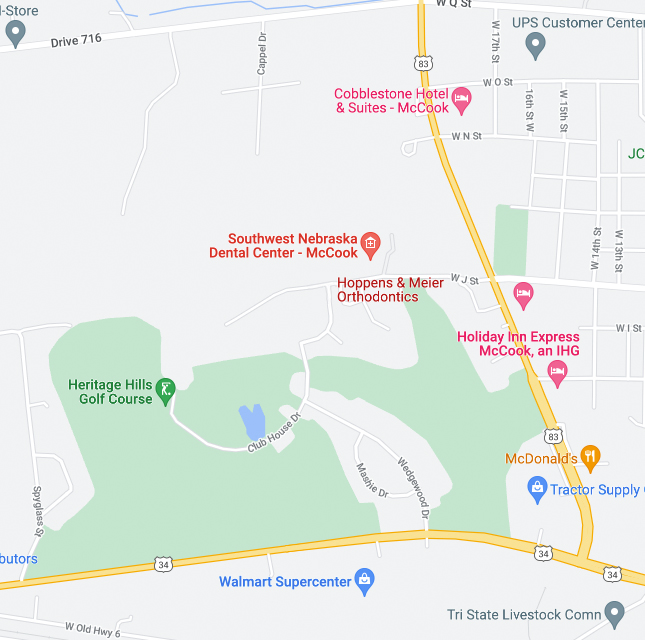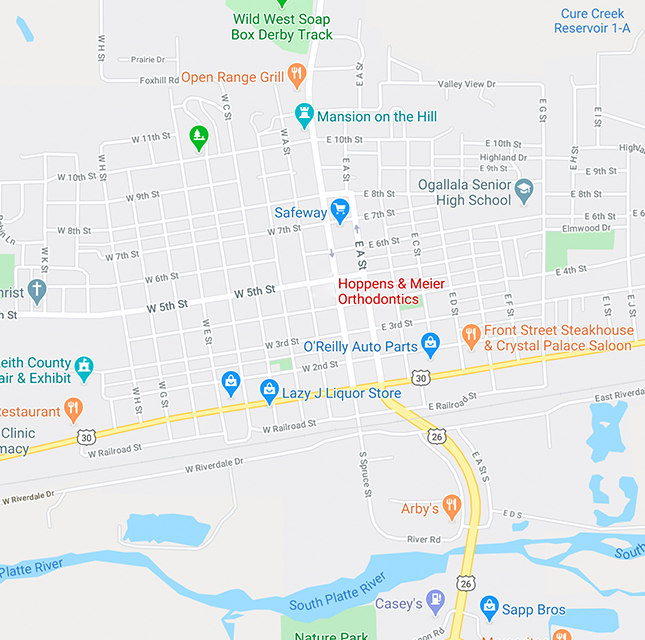What makes teeth crooked?
October 20th, 2021

Dr. Bradley Hoppens and Dr. Mary Beth Meier and our team hear this question a lot. Some of the common reasons for crooked teeth include:
- Thumb sucking
- Tongue thrusting or improper use of the tongue during speaking and swallowing
- Premature loss of baby teeth, which causes teeth to drift and shift
- Poor breathing airway caused by enlarged adenoids or tonsils
There are also hereditary factors we get from our parents, like:
- Extra teeth
- Large teeth
- Missing teeth
- Wide spaces between teeth
- Small jaws
Dr. Bradley Hoppens and Dr. Mary Beth Meier and our team know that having crooked teeth isn’t just a cosmetic issue; it can lead to serious health problems as well. Crooked teeth can:
- Interfere with proper chewing
- Make keeping teeth clean more of a challenge, increasing the risk of tooth decay, cavities, and gingivitis
- Strain the teeth, jaws, and muscles, increasing the risk of breaking a tooth
There are several treatment options we offer at Hoppens & Meier Orthodontics that can help correct crooked teeth. Please give us a call at our convenient McCook, North Platte, or Ogallala office to learn more or to schedule an initial consultation.






